The Hidden Threat of Rust and Corrosion in Storage Units
When it comes to storing metal items, tools, and equipment, rust and corrosion can silently damage your valuable possessions. Understanding how to properly protect your metal items in storage is crucial for maintaining their condition and value. This comprehensive guide will help you implement effective rust prevention strategies for your storage unit.
Understanding Rust and Corrosion Risk Factors
Several factors can contribute to rust and corrosion in storage units:
- Humidity and moisture buildup
- Temperature fluctuations
- Poor air circulation
- Direct contact with concrete floors
- Improper packaging materials
Essential Rust Prevention Strategies
1. Choose Climate-Controlled Storage
Climate-controlled units maintain consistent temperature and humidity levels, significantly reducing the risk of rust and corrosion. This option is especially important for long-term storage of valuable metal items.
2. Proper Preparation Before Storage
Before storing metal items:
- Clean thoroughly to remove dirt and debris
- Apply a protective coating or rust inhibitor
- Oil moving parts on tools and machinery
- Ensure items are completely dry
3. Smart Storage Solutions
Implement these protective measures:
- Use raised platforms or pallets to prevent floor contact
- Place silica gel packets near metal items
- Install a portable dehumidifier
- Maintain good air circulation around items
Proper Packaging Techniques
Best Materials for Rust Prevention:
- VCI (Vapor Corrosion Inhibitor) paper or bags
- Anti-corrosion wrapping materials
- Moisture-barrier bags
- Airtight containers with moisture absorption packets
Regular Maintenance and Monitoring
Implement these practices for ongoing protection:
- Regular inspections for early signs of rust
- Monitor humidity levels with a hygrometer
- Replace moisture absorbers as needed
- Maintain proper ventilation
Special Considerations for Different Metal Items
Tools and Equipment
Store power tools and hand tools in original cases when possible. For loose tools, use tool rolls or boxes with built-in rust prevention features.
Machinery and Large Equipment
Cover with breathable covers and place dehumidifiers nearby. Consider professional-grade rust preventive coatings for long-term storage.
Metal Furniture
Elevate off the floor and use furniture covers designed to prevent moisture accumulation.
When to Consider Professional Help
Seek professional assistance when:
- Storing high-value metalwork or antiques
- Managing large quantities of metal items
- Dealing with already damaged items
- Setting up long-term storage solutions
Cost-Effective Rust Prevention Solutions
Budget-friendly options include:
- DIY desiccant packs
- Reusable dehumidifier products
- Basic moisture barriers
- Regular maintenance routines
Signs of Rust and Corrective Actions
Watch for these early warning signs:
- Surface discoloration
- Rough spots or pitting
- White or reddish-brown powder
- Unusual odors
Conclusion
Protecting metal items from rust and corrosion requires proper planning and preventive measures. By implementing these storage strategies and maintaining regular monitoring, you can ensure your valuable metal possessions remain in excellent condition throughout their storage period. Remember, the small investment in proper rust prevention can save significant restoration or replacement costs in the future.




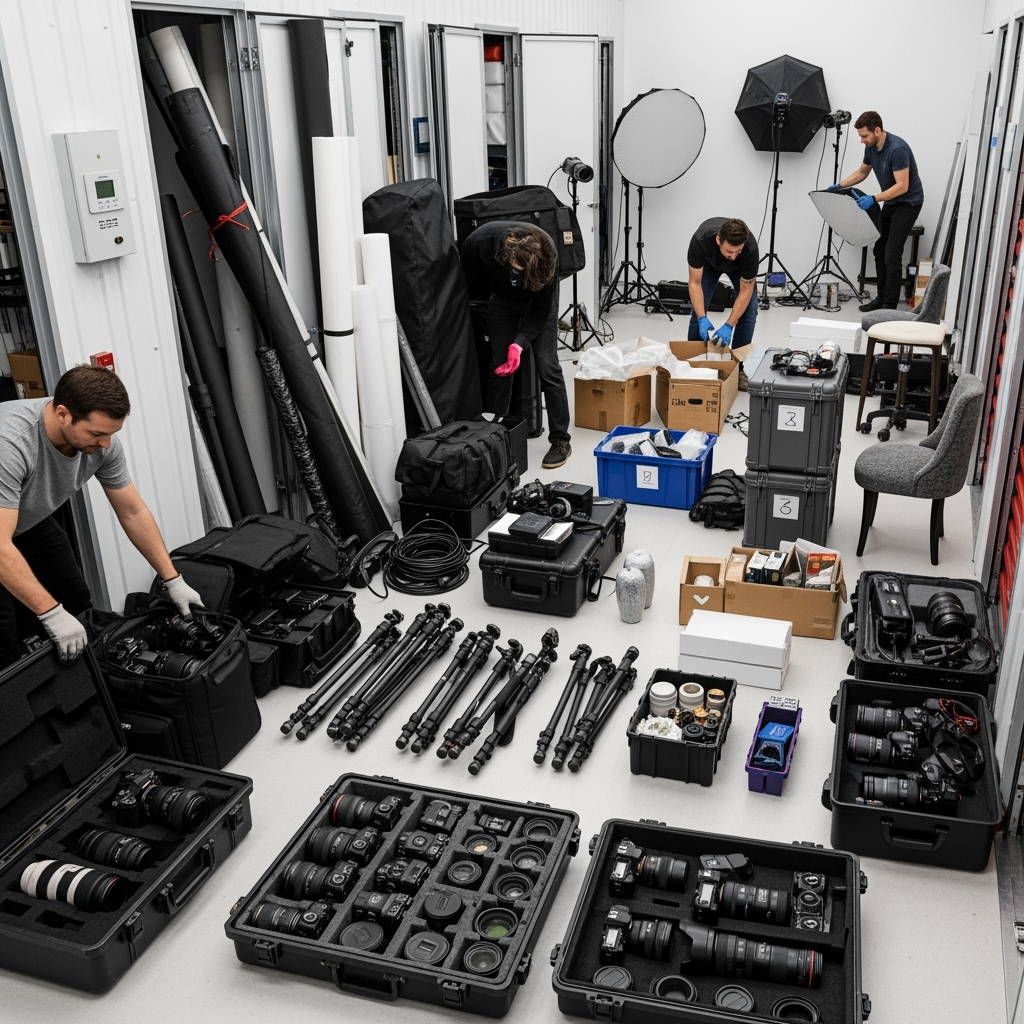
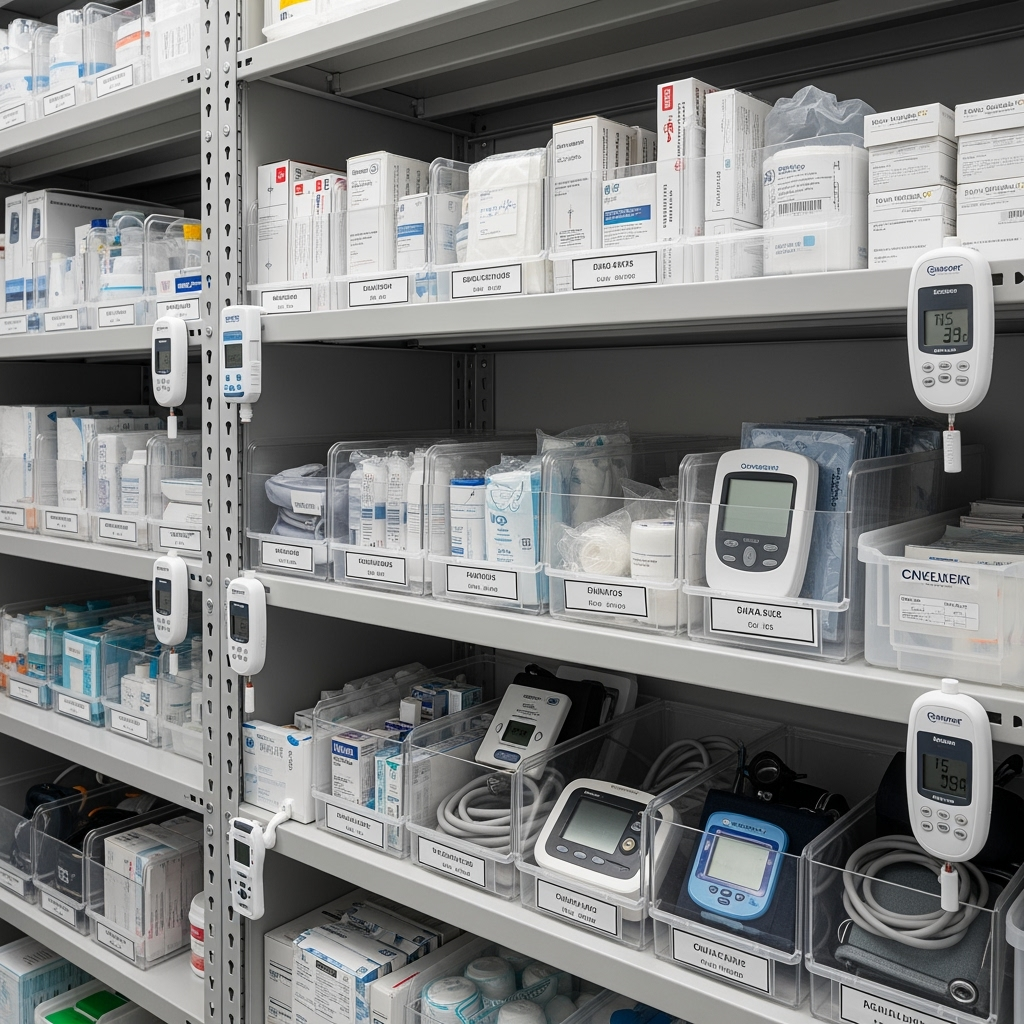
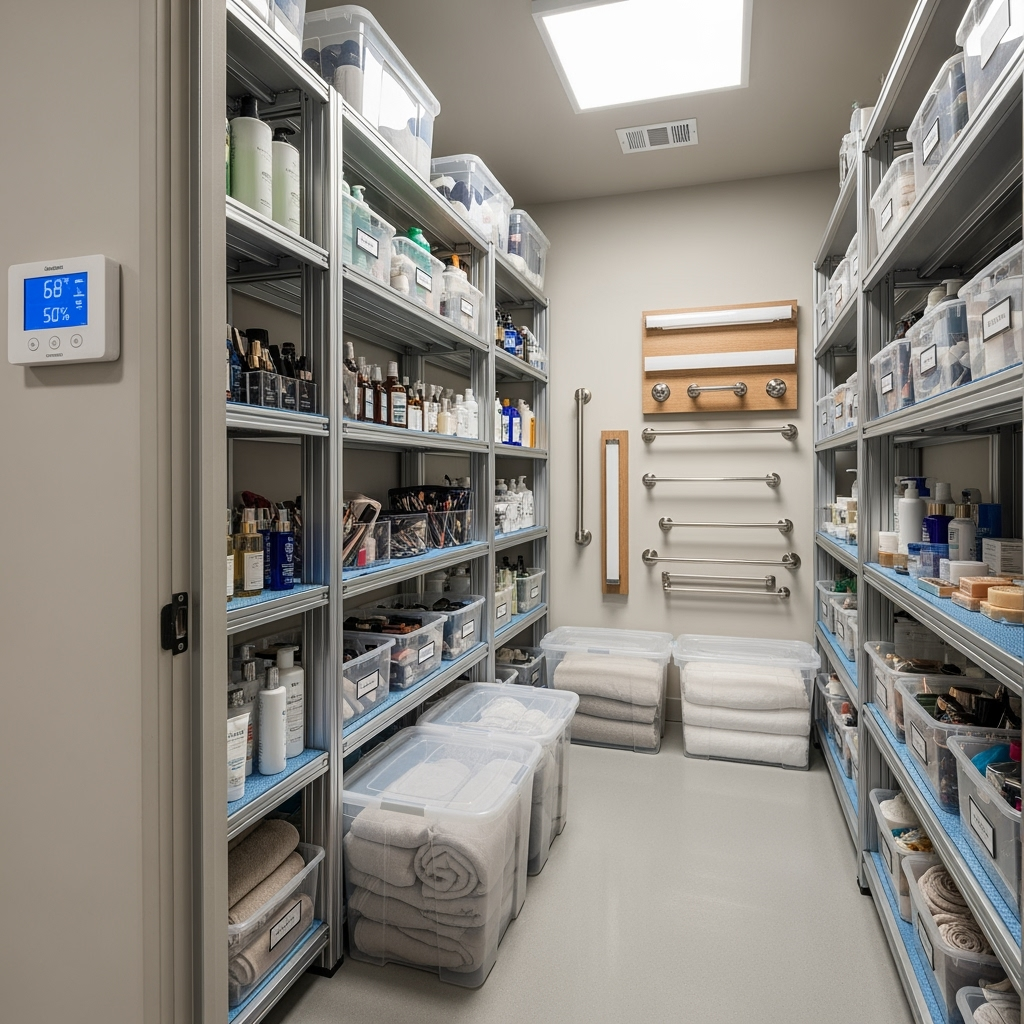
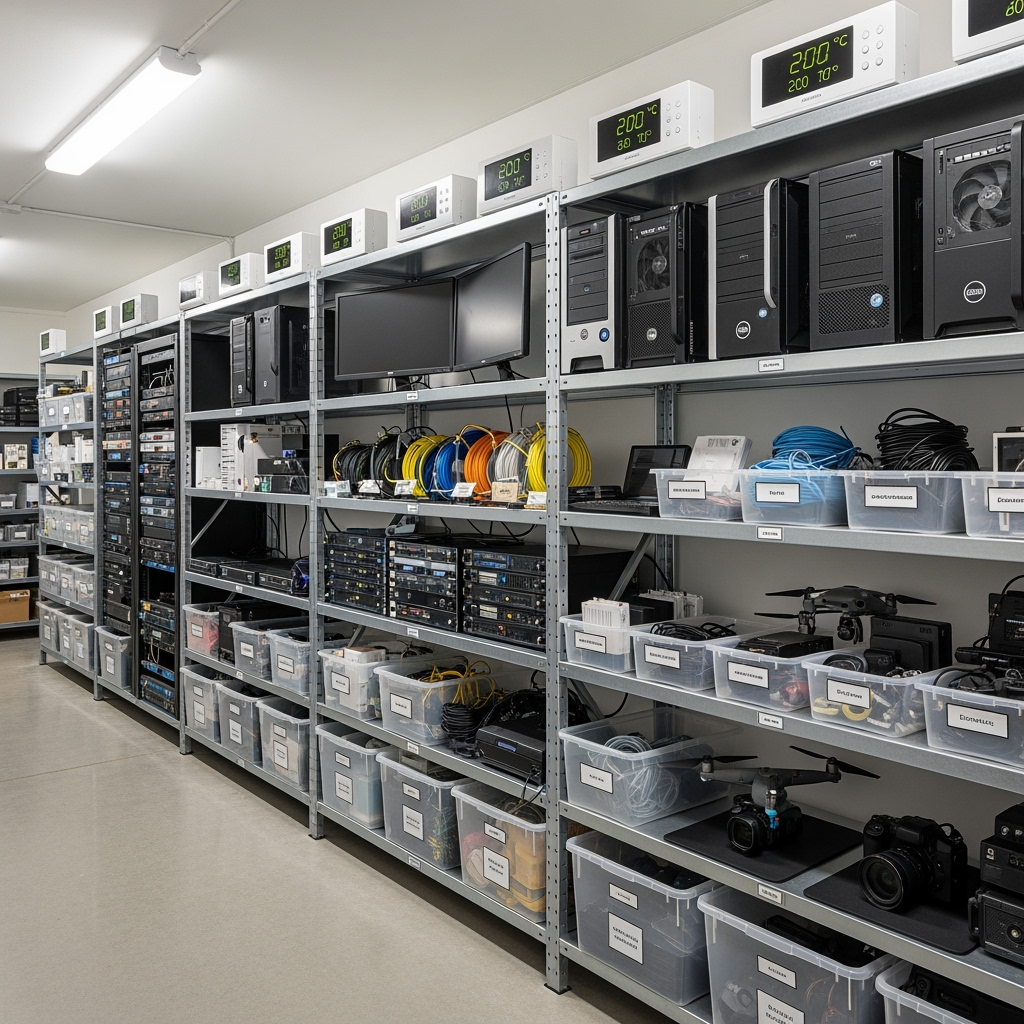

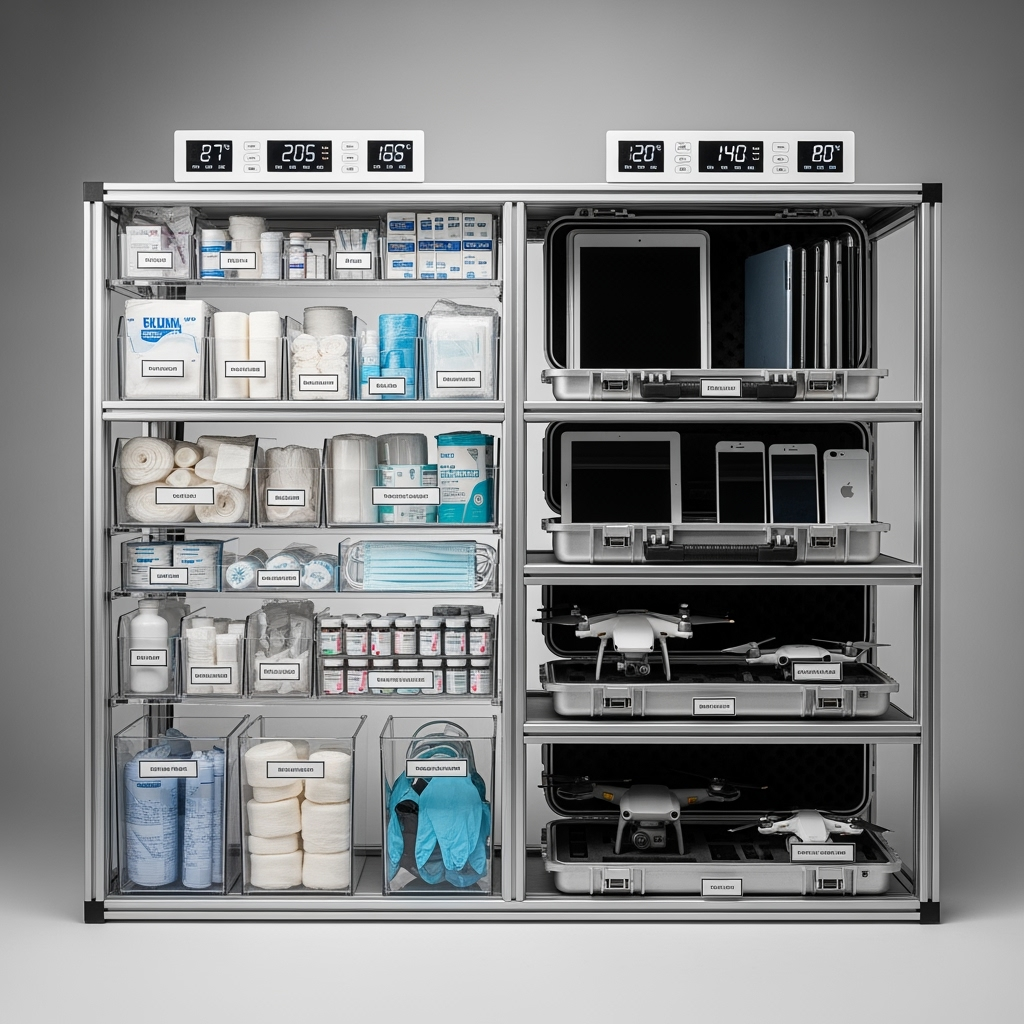
Leave a Reply